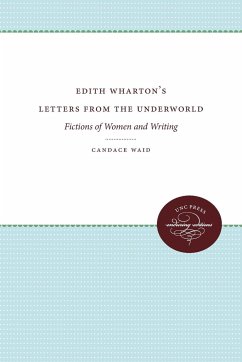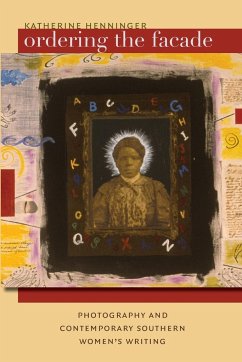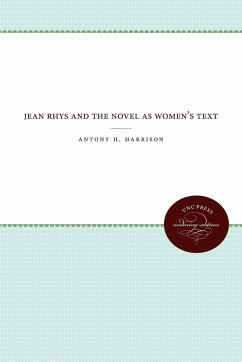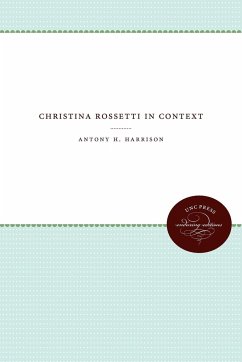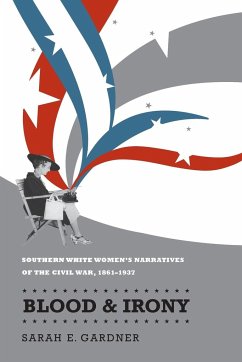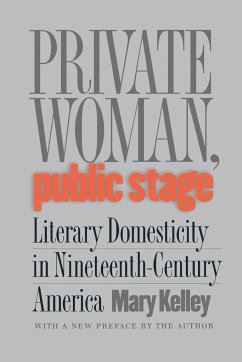In this book, Candace Waid presents an innovative reading of the work of Edith Wharton. Waid examines Wharton's lifelong preoccupation with the place of the American woman writer, which she locates in the context of Wharton's ambivalent reaction to America and American literature. She argues that Wharton used the myth of Persephone to represent both the woman artist and her identification with the daughter who leaves the world of mother to dwell in the "underworld" of experience. Waid offers detailed interpretations of such works such as The House of Mirth, Ethan Frome, Artemis to Actaeon, Summer, The Custom of the Country, and Ghosts -- all of which are read as complex meditations about women and writing. According to Waid, Wharton is obsessed by the potential failure of the American woman artist who risks succumbing to to the false muse of a "feminine aesthetic." Tracing Wharton's literary dialogues with sources ranging from Mary Wilkins to Goethe, from Andrew Marvel to Sir Joshua Reynolds, Waid reveals Wharton's haunting allegories about women, art, and letters. Originally published in 1991. A UNC Press Enduring Edition -- UNC Press Enduring Editions use the latest in digital technology to make available again books from our distinguished backlist that were previously out of print. These editions are published unaltered from the original, and are presented in affordable paperback formats, bringing readers both historical and cultural value.
Hinweis: Dieser Artikel kann nur an eine deutsche Lieferadresse ausgeliefert werden.
Hinweis: Dieser Artikel kann nur an eine deutsche Lieferadresse ausgeliefert werden.

